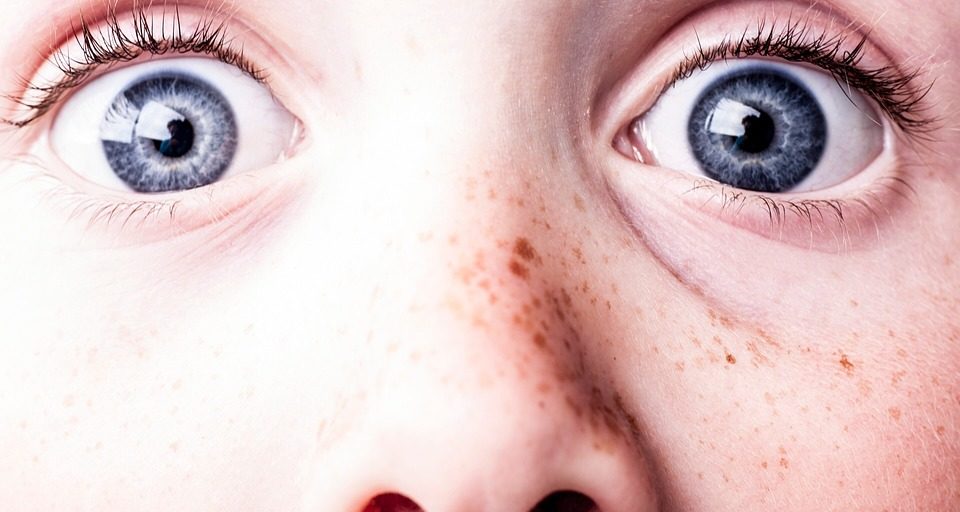When Three ACEs Are a Bad Hand
In my last blog I used a poker analogy and said there was more to come on adverse experiences in children. So, what better way to follow that up than with another poker analogy (and I don’t even play!).
Adverse Childhood Experiences (ACEs) is a term used to describe a host of traumatic experiences that may occur in children under the age of 18. Some examples are:
- childhood abuse (physical, sexual)
- neglect (physical, emotional)
- being a victim of or witness to serious violence
- parental divorce or separation
- parental imprisonment
There are many other potential ACEs. What we know is that the more ACEs we hold (that is, the more adverse childhood experiences our children have had), the greater the potential consequences.
What are these consequences? There is a dramatic link between ACEs and risky behaviors, psychological issues and serious illness, including early death. Not all adverse childhood experiences are traumatic for children, but those that are can add up to a bad hand, especially if left untreated.
Here’s what you can do about ACEs:
- You can try to prevent them before they happen by providing safe, stable and nurturing relationships and environments. Here’s a resource for some tips.
- You can try to assess your child’s risk for future problems by understanding the challenges he or she has faced. You’ll find an online survey and more information here.
- You can refer your child to a trauma treatment professional, who can perform an assessment, provide guidance for you and recommend treatment.
It’s important to know that if your child has had an adverse childhood experience, it doesn’t necessarily mean they have been traumatized or will suffer long-term consequences. But if they’ve experienced several and you’re concerned, early help can make a big difference.
– Joe Shorokey, Executive Director, Alta Behavioral Healthcare


